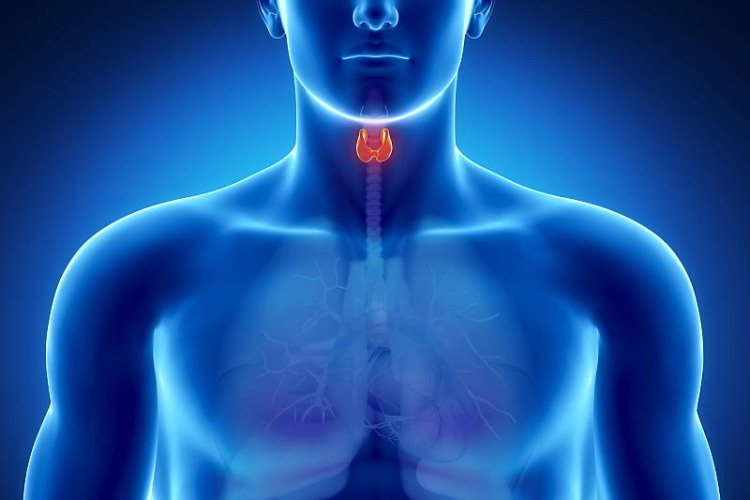Hearing the word cancer is a life-altering event, even if it is only mentioned as a possibility. When it comes to the thyroid, the process of diagnosing cancer can be time consuming and difficult. If your doctor believes that your thyroid issues could be the result of a malignant or cancerous tumor, you will have to begin the process required for a complete diagnosis. While this may seem overwhelming, understanding what to expect, can help you know what to expect throughout the diagnosis process. This article aims to provide general information only and is not a substitute for thorough management by a doctor.
Symptoms of thyroid cancer
The first step in determining the potential cause of thyroid problems is to identify the symptoms. While many cancers of the thyroid produce no recognisable symptoms, many others do.
Thyroid cancer symptoms can include:
- Lymph nodes in the neck that are enlarged
- Difficulty with swallowing
- One or more lumps in the front neck area
- Changes in your voice
- Chronic coughing that does not go away with treatment
- Pain, stiffness, or discomfort in the neck
Your doctor will rely on you to be honest and open about the symptoms you are having. He or she will also perform a physical examination of your neck, to see if there are any areas of swelling or growths that you may not be aware of. Your doctor will also check any lumps that are present to determine how they feel and whether they cause pain.
Thyroid blood tests
Your doctor will usually request that you have blood tests done during the diagnosis process. These tests are used to measure the TSH level or thyroid-stimulating hormone. If these numbers are higher or lower than normal, it may be due to the thyroid not functioning properly. In some cases, other tests will be performed to check calcitonin and thyroglobulin and other hormone levels depending on the type of cancer the doctor suspects that you may have.
Imaging Tests
Imaging tests are another important part of thyroid cancer diagnosis. There are several types of medical imaging studies that may be needed.
Ultrasound imaging
This imaging test emits sound waves that bounce off the glands, lymph nodes, and other structures in your neck. When these sound waves bounce back, they create images or pictures that allow the doctor to see if there are any other nodules or lumps present in the thyroid that are unable to be felt. This test will allow your doctor to gain a better understanding of the shape and size of the nodules, as well as whether they are solid masses or filled with fluid. If your nodules are fluid-filled, this is a good indication that the growths are non-cancerous.
CT neck
The CT scan is an x-ray test that provides detailed cross-sectional images of your body. A neck CT scan can help determine the location and size of thyroid cancers and whether they have spread to nearby areas. The CT is complementary to an Ultrasound. CT scanning can show if the thyroid nodule has extended locally, for instance into the chest. This is also called retrosternal extension. A CT may also provide clear imaging of neck lymph nodes and also tracheal – wind pipe compression. A CT scan can also be used to look for spread into distant organs such as the lungs.
Thyroid nuclear imaging – Radioiodine scan
This test requires you to ingest radioactive iodine just before the testing begins. This substance will attach to the thyroid cells and any nodules that are present. The images produced by this scan allow your doctor to see if there are hot or cold nodules. Cold nodules generally absorb less of the radioactive iodine, while hot ones absorb much more. Nodules that are considered hot, meaning they soak up the radioactive iodine, are generally not cancer.
Thyroid Biopsy
If your doctor has performed all of the other tests, and there are any abnormal results, the next step is a biopsy. This procedure may be done with a needle to remove a tissue sample, or you may have to undergo surgery to remove your thyroid or a portion of it. These samples are then sent to the lab for the final diagnosis.
For more information about thyroid cytology click here.
The diagnostic process for thyroid cancer can be overwhelming. However, when you know why your doctor is making the decisions for tests and imaging, it can help you better understand the process.
If you have questions or concerns about thyroid lumps see your local doctor, who will arrange for you to see a thyroid surgeon.
Reference
http://www.medicinenet.com/thyroid_cancer
The post The Diagnosis of Thyroid Cancer appeared first on Thyroid Clinic Sydney.
